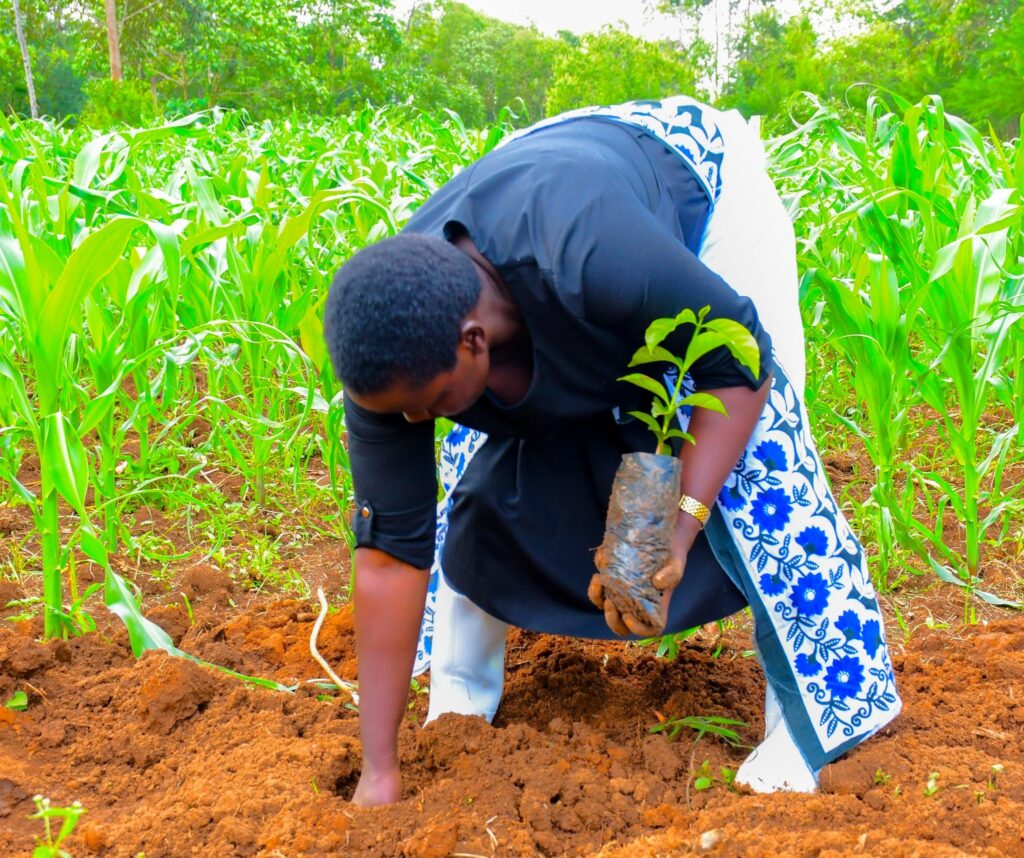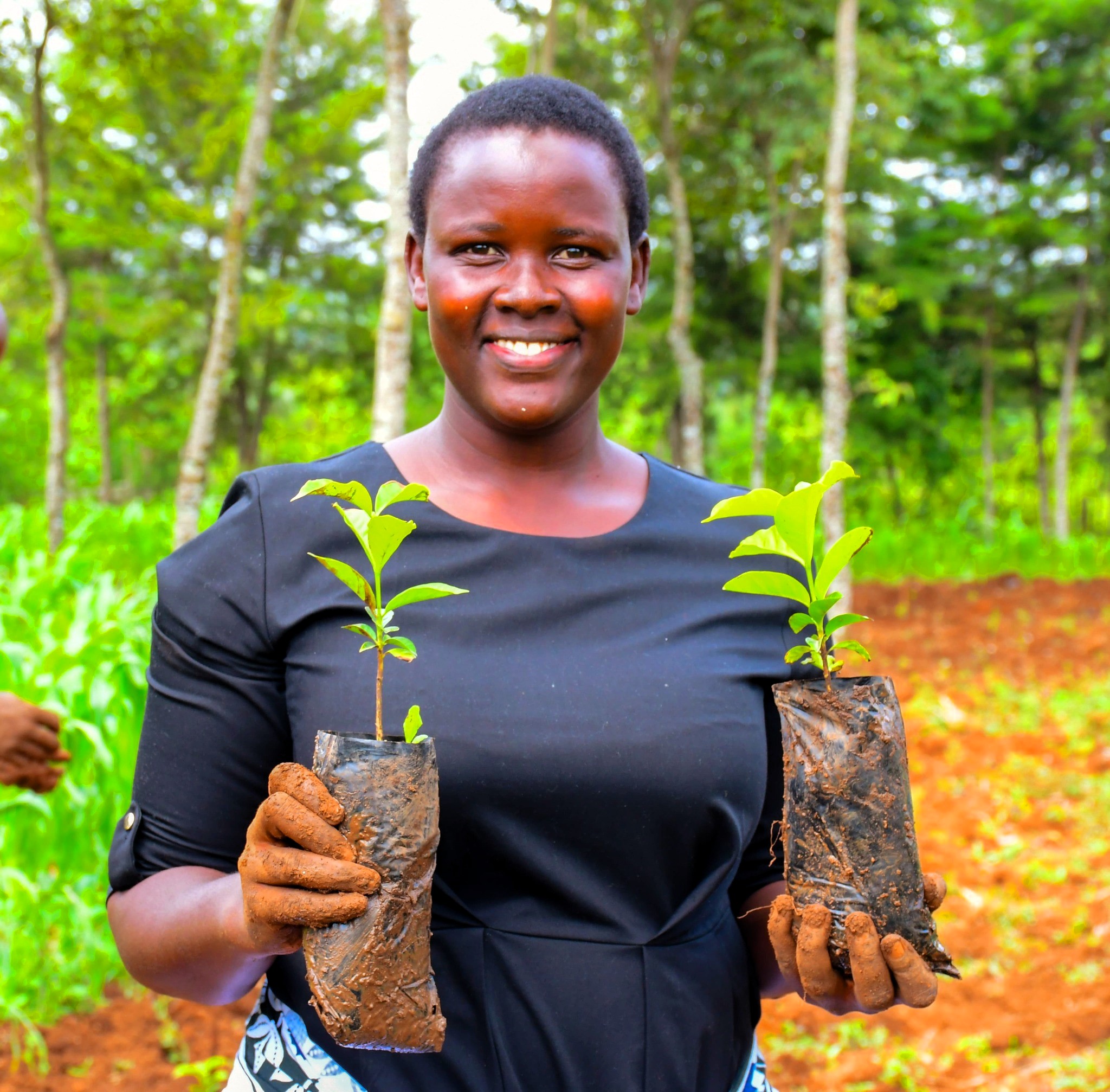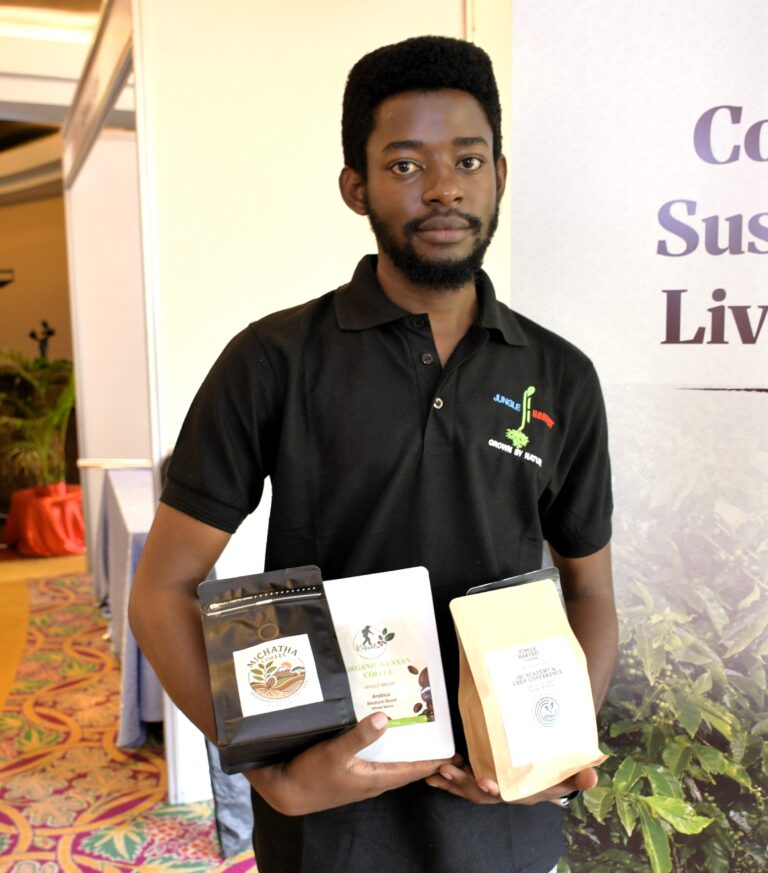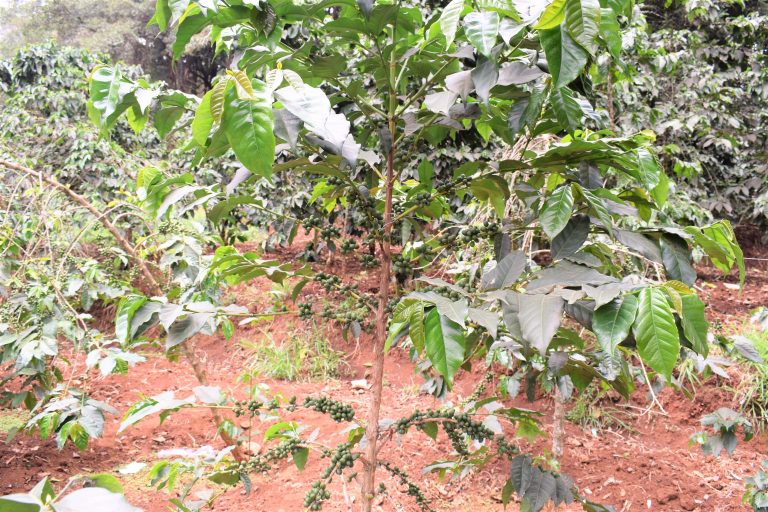A women-led coffee farming initiative launched by Nandi Woman Representative Cynthia Muge is transforming the livelihoods of thousands of rural women across the county.
The project, dubbed ‘Kahawa na Mama’, aims to rejuvenate the region’s coffee sector while empowering women to attain financial independence. Rolled out shortly after the 2022 general elections, the programme is built on four key pillars: women’s economic empowerment, agricultural revival, grassroots self-reliance, and environmental sustainability.
Muge, who first made headlines in 2017 as Kenya’s youngest Member of County Assembly and is now serving her first term in Parliament, said the initiative was inspired by what she witnessed during her campaign trail, women doing the bulk of agricultural labour but reaping little financial reward.
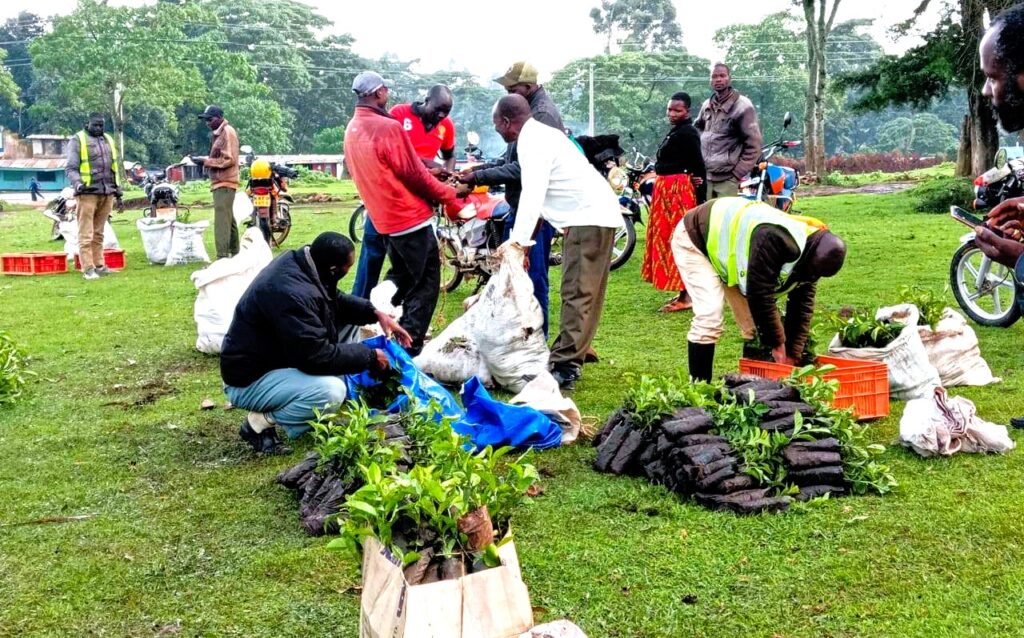
“Most women do the hard labour on farms but have no control over the income. ‘Kahawa na Mama’ changes that by giving them direct ownership of coffee trees, access to training, and connections to markets,” she said during the launch of the second phase of the programme at Maraba Primary School in Aldai Sub County.
In its pilot phase (2023/2024), the programme distributed over 150,000 certified Ruiru 11 and Batian coffee seedlings to 900 women organized in 63 self-help groups. The second phase has since scaled up, with an additional 500,000 seedlings issued, bringing the total number of beneficiaries to nearly 4,000 women across the county.
The six sub-counties benefiting from the initiative are Nandi Hills, Aldai, Mosop, Chesumei, Emgwen, and Tinderet. Nandi Hills leads in participation, with over 1,000 women receiving seedlings and training.
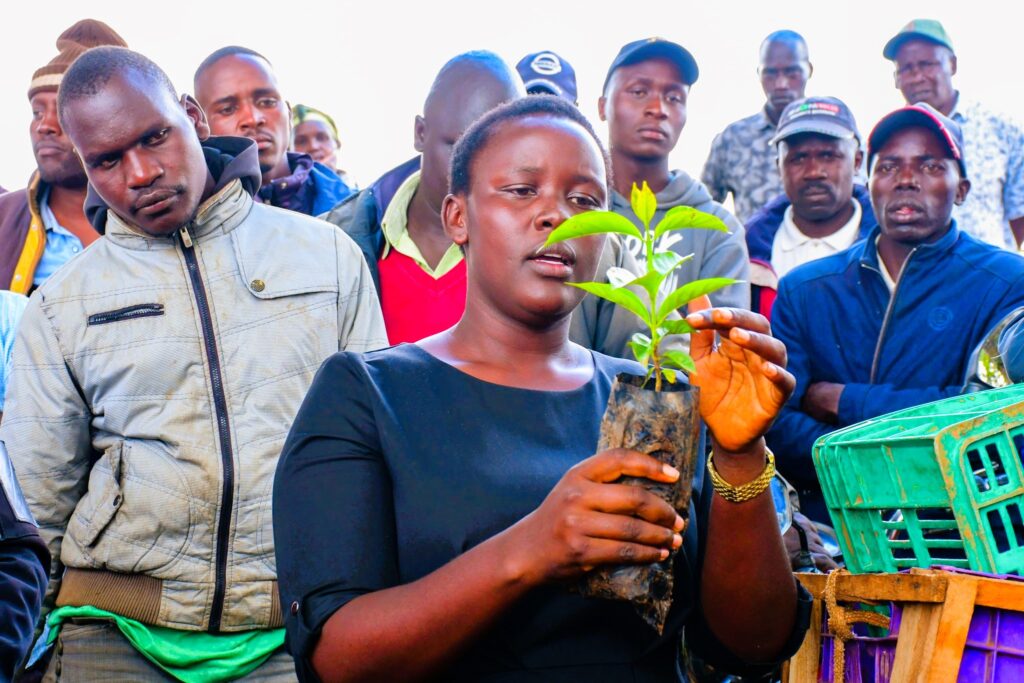
Self-help groups such as Mogobich Progressive, Kapng’etuny Women, and Kaptis Women in Coffee have successfully revived previously abandoned coffee farms and are now earning steady incomes. In Aldai, the Cheboite Women Empowerment Group has diversified its efforts by intercropping coffee with avocado for added revenue, a sign the initiative is growing beyond a pilot into a broader movement.
“This time, the coffee belongs to us. Women are not just planting coffee, but we are planting independence, rewriting household power dynamics, and reviving a crop once forgotten,” said Sarah Jepkurui of Chesumei’s Tulwop Ngetuny group.
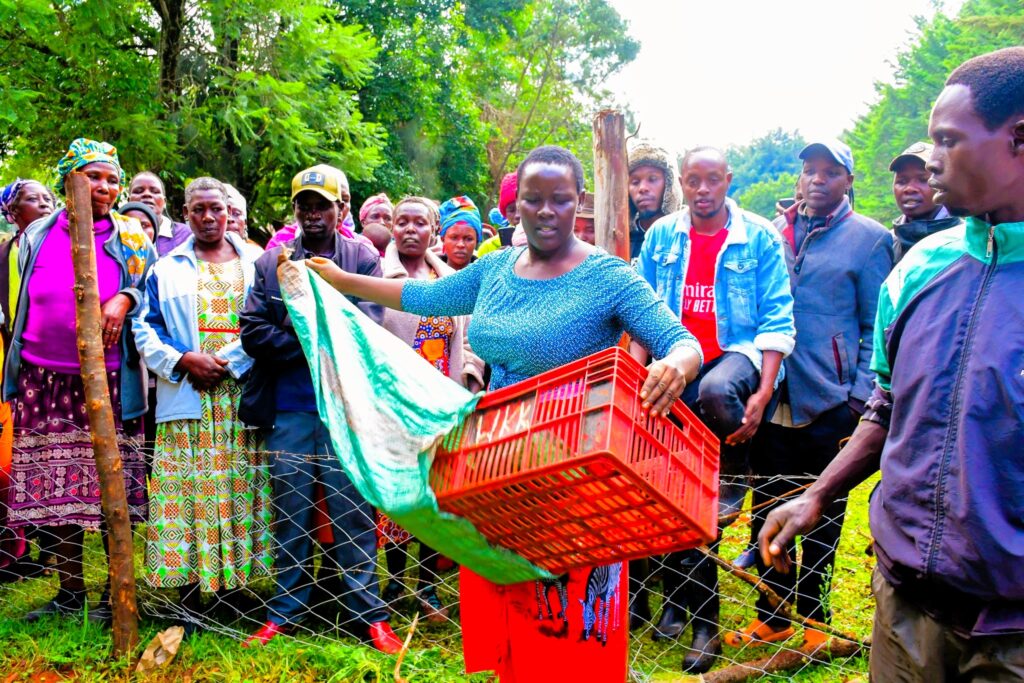
Early results are already evident. Several groups have begun harvesting and selling their coffee, using the income to pay school fees, invest in livestock, or grow their savings through table-banking schemes.
The programme also supports agroforestry by encouraging intercropping with bananas and shade trees to combat soil erosion and promote environmental sustainability.
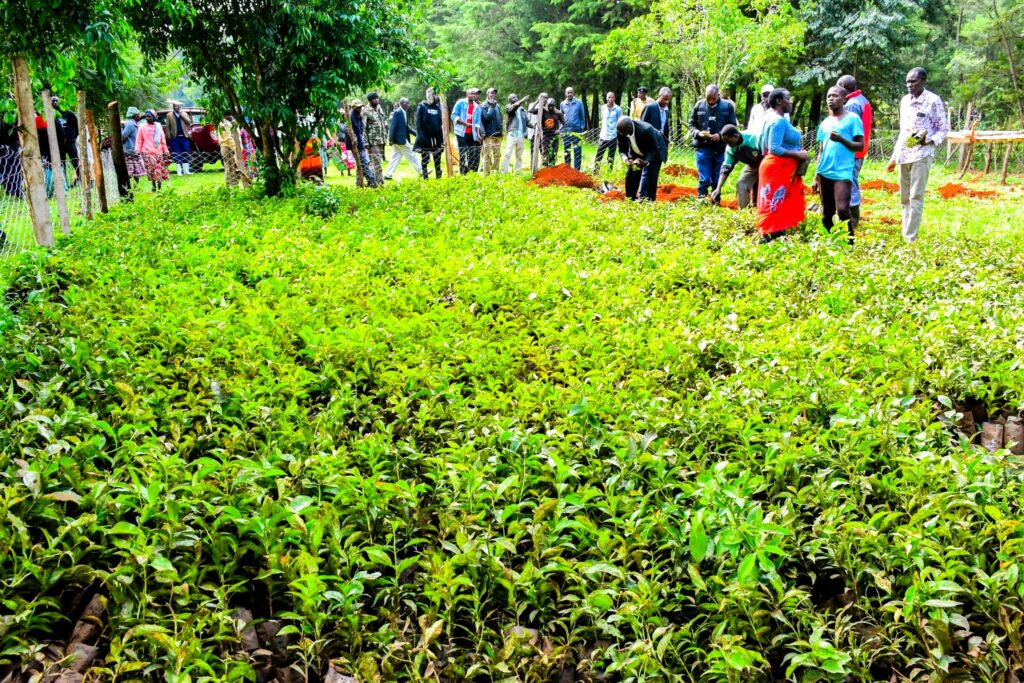
To ensure long-term impact, each group signs a charter mandating joint registration of coffee bushes between spouses, a move aimed at protecting women’s rights to land and promoting shared decision-making in households.
The programme’s progress is largely attributed to collaborations with both national and county institutions. Muge’s office is working in tandem with the National Government Affirmative Action Fund (NGAAF), the Agriculture and Food Authority (AFA), the Nandi County Government, and Baraka Agricultural College.
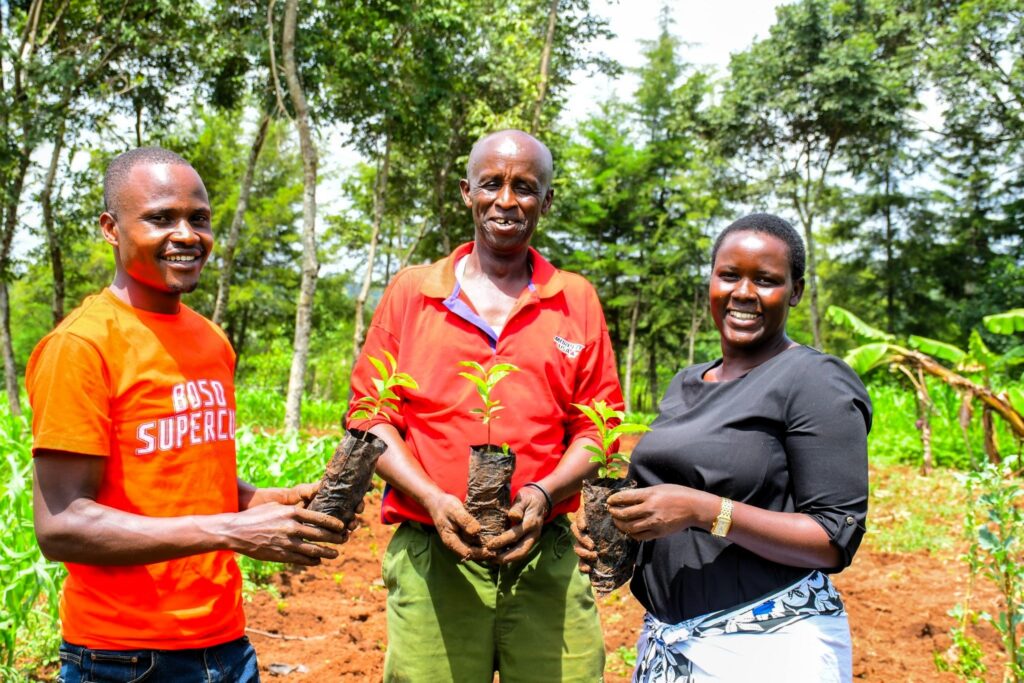
“We didn’t just give out seedlings,” she stated. “We built nurseries, trained farmers, and involved cooperatives and agronomists to ensure sustainability.”
However, the programme’s rapid expansion is not without challenges. An anticipated increase in coffee cherry production is straining the capacity of local wet mills such as Kapkiyai and Taunet. In response, Muge is advocating for the addition of pulping lines and the installation of solar dryers to handle the increasing output.
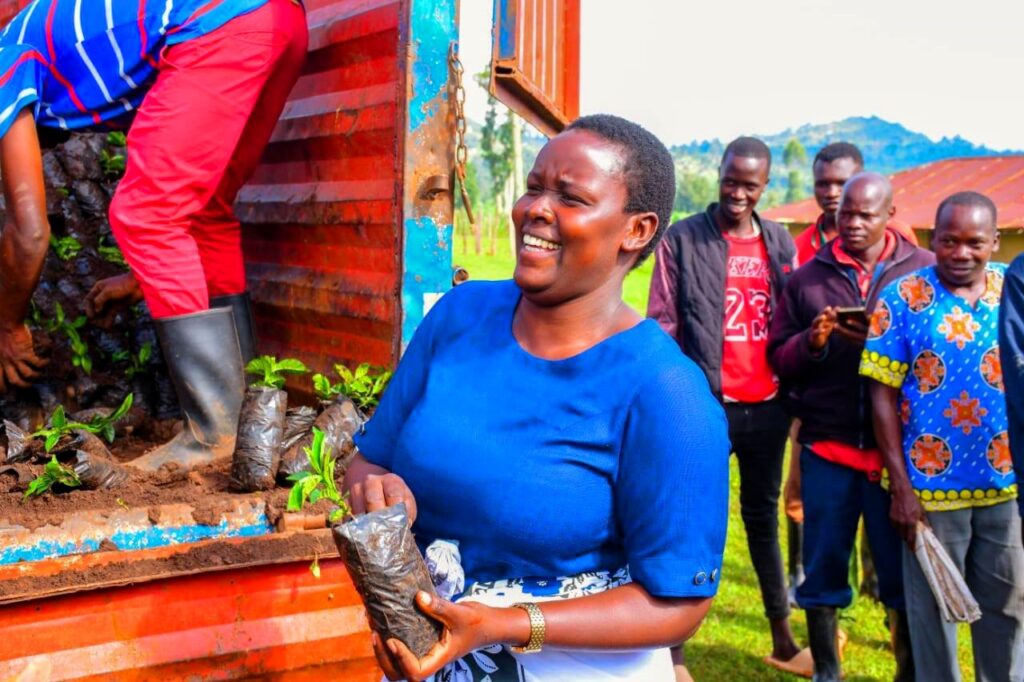
There are also efforts to address the shortage of agricultural extension officers. With only 28 ward-based officers trained in modern coffee practices, the programme is supporting the training of 60 more by 2026 to meet the rising demand.
Looking to the future, Muge is eyeing international markets for Nandi coffee. Talks are underway to develop a women-exclusive microlot brand, Nandi Gold, which could debut at the 2026 World of Coffee Expo in Dubai.
With national efforts ongoing to reform the coffee sector and close gender gaps in agriculture, ‘Kahawa na Mama’ is emerging as a potential model for broader replication across the country.
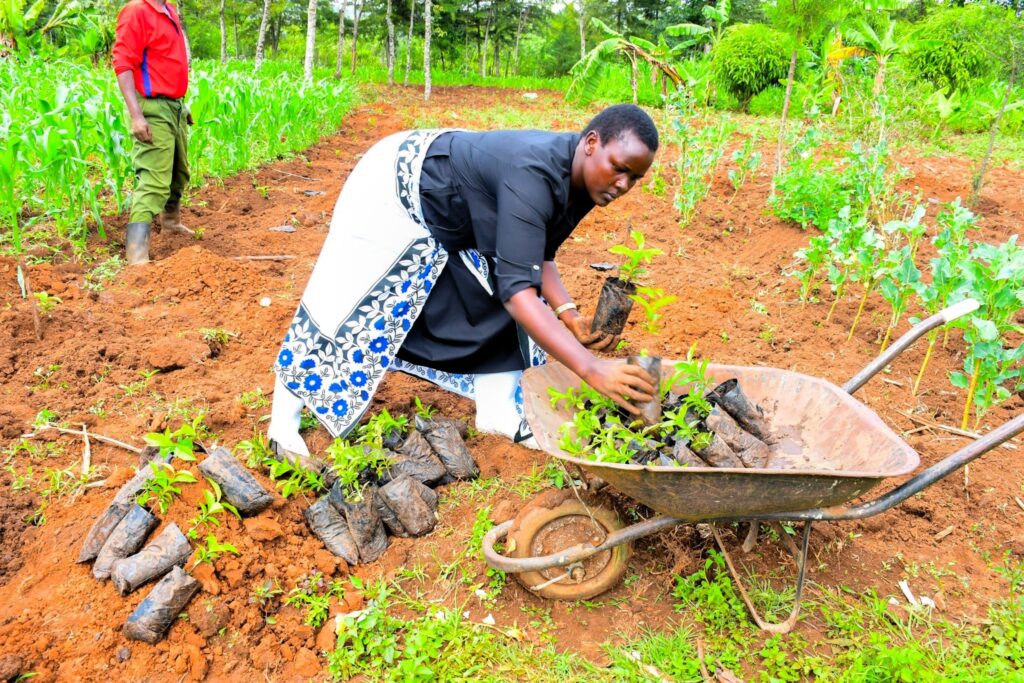
“This is not just about coffee,” said Muge. “It’s about dignity, inclusion, and giving rural women the tools to change their own lives.”
As the coffee trees take root and begin to flourish, Muge envisions a future where each cup brewed tells a story—not just of Arabica beans, but of women who finally own the crop they’ve long laboured to grow.
